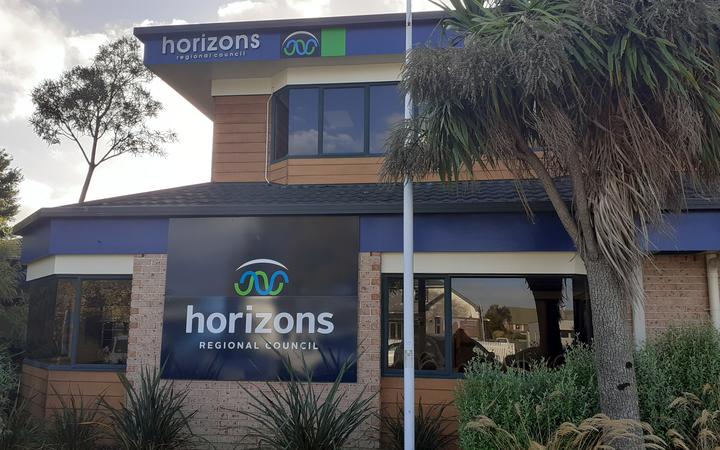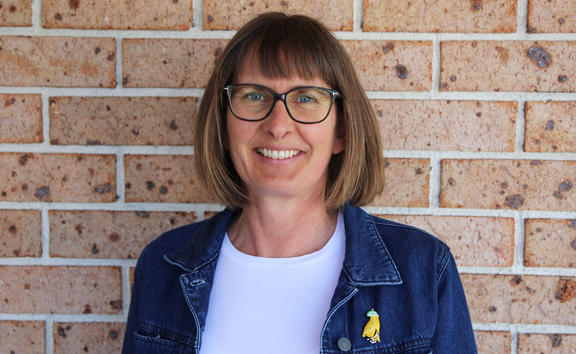Whanganui and Manawatū can expect more hot days and fewer frosts, less rain in the east but more and heavier rain in the west, and more floods, according to a new climate risk assessment.

Photo: LDR / Moana Ellis
Rising sea levels will contribute to coastal flooding and retreating shoreline and there will be a loss of snow cover and depth.
The forecast is set out in the Manawatū-Whanganui Climate Change Risk Assessment, a report commissioned by Horizons Regional Council to identify risks across the region associated with a changing climate.

Rachel Keedwell. Photo: Supplied / Horizons Regional Council.
Horizons chairperson Rachel Keedwell said the report was developed from a wide range of evidence including hazard information consistent with the Intergovernmental Panel on Climate Change report released last month, community and iwi values, and engagement with subject matter experts.
It was received by the council’s Climate Action Joint Committee last week.
“It was more of a desktop theoretical exercise looking across the region as to what the risks are and we’re using that as the basis for each district to work out what actions we need to address here moving forward,” Keedwell said.
The anticipated changes had the potential to disrupt tourism, transport networks, and food production as well as threaten cultural sites of significance, estuaries, eco-systems, people and property, she said.
“Tackling many of the risks highlighted in the Climate Change Risk Assessment will require the region’s councils to understand community concerns, develop solutions, and ensure a mandate for action.”
Climate Change Minister James Shaw joined the committee’s meeting by zoom. He was pleased to join regional leaders and to discuss responding to climate change within the region.
“Our government has made sure that climate change is a factor in all major decisions. Ensuring ministers are aware of the implications a decision may have for New Zealand’s future greenhouse gas emissions is vital to ensuring we are all playing our part in meeting the commitments we’ve made,” Shaw said.
“Empowering leadership at a local level through councils and iwi and hapū is also a crucial part of the work we are doing to reduce emissions and meet our climate targets.”
Keedwell told the minister the committee would be happy to assist with national policy development and encouraged the government to engage with the region.

Local Democracy Reporting is a public interest news service supported by RNZ, the News Publishers’ Association and NZ On Air.